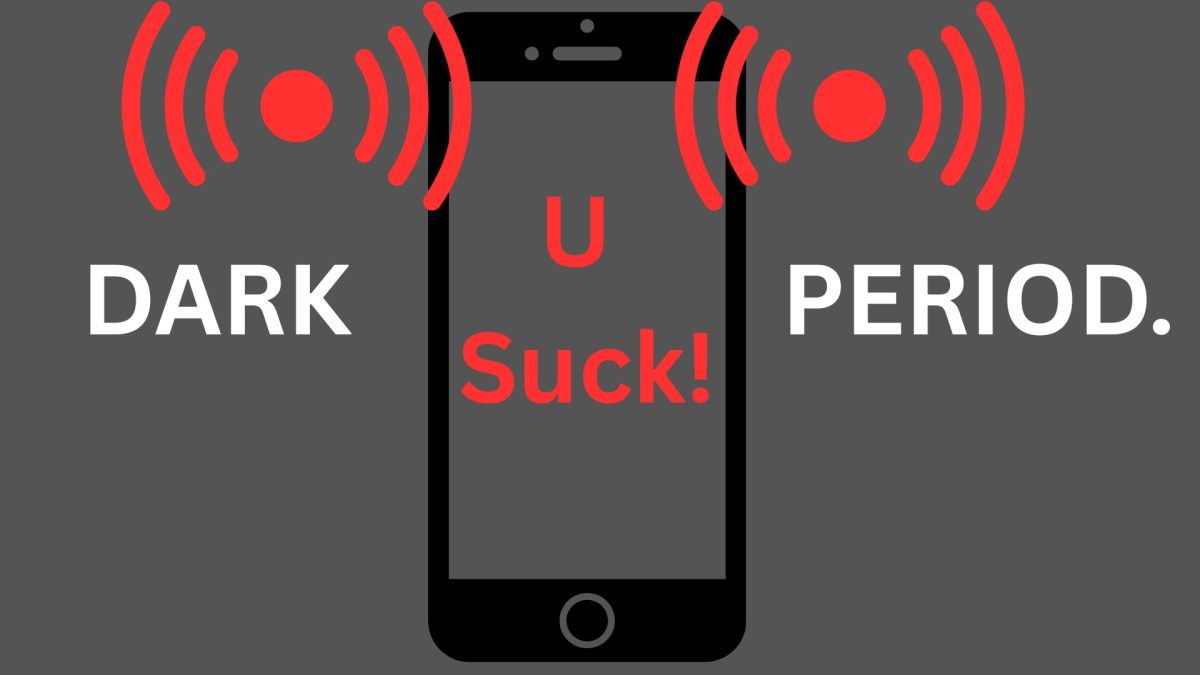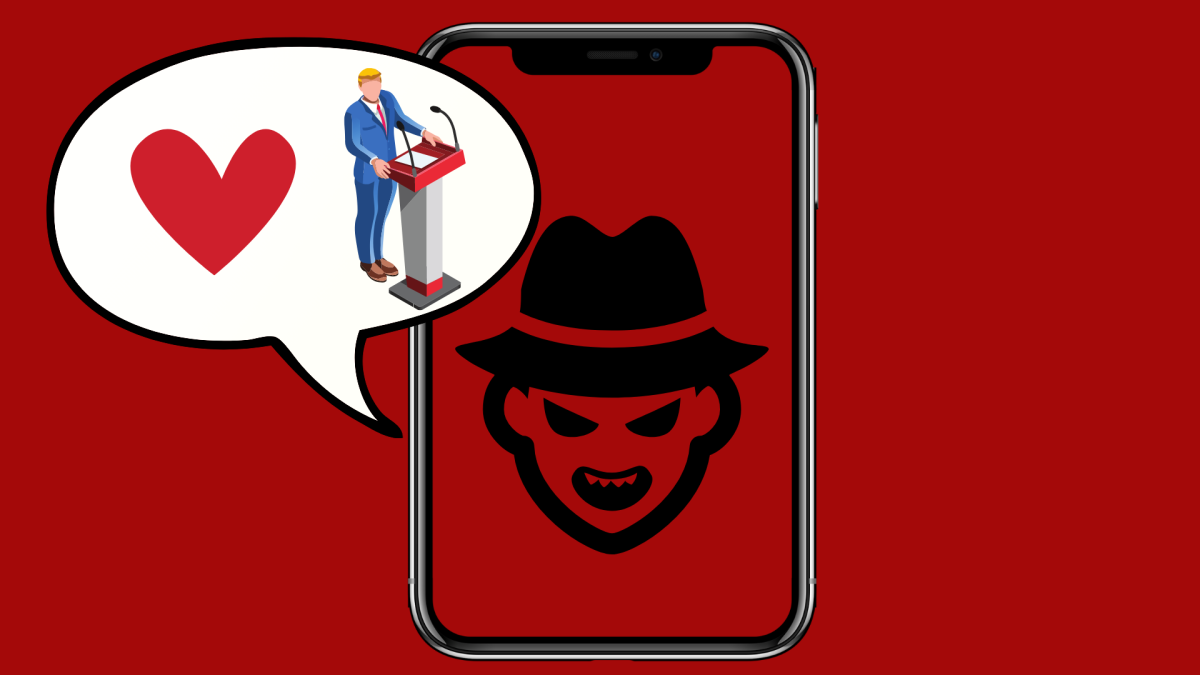THIS ARTICLE IS A WORK OF SATIRE. MUCH OF THE FOLLOWING INFORMATION HAS BEEN FABRICATED FOR SATIRICAL PURPOSES AND IS COMPLETELY FICTIONAL.
ByteDance, the company behind the massively popular social media application TikTok, today announced their latest product: Ynot (pronounced “WHY-not”), another social platform—with an innovative model for user experience. Ynot provides much the same features as TikTok, YouTube, or Threads, deploying short-form videos, algorithm-guided scrolling capacity, and an array of reaction options to keep users engaged. However, in contrast to its competitors, Ynot’s services do not carry high rates of depression or violations of user’s privacy with them: the app instead achieves these through a preliminary “dark period,” which all new users must accede to in order to be allowed to use Ynot’s other features.
Once Ynot is downloaded and opened, the app prompts users to accept a 30-day program in which the app is granted access to the entire contents of the user’s phone, from their contacts to their IP address. Via ByteDance’s new, patent-pending “snag-and-drop” technology, Ynot collects all of this information in a single, comprehensive file, then activates the phone’s AirDrop settings in order to send the information to anyone within six feet of the user’s current location. At the same time, the app inculcates a severe case of depression in each user by sending them dozens of images each day of other people who all appear supremely happy and successful, accompanied by text such as “God, you’re such a loser” and “You will die alone and unloved.” After 30 days, Ynot’s messages cease, and the app desists in transmission of user’s information, leaving users to take part in regular social activity on the app.
“With every other app, the problem is that there’s no way to take the good without the bad,” a ByteDance spokesman told North Star News. “What’s worse, companies tend to lie about the side-effects of their products. With Ynot, users don’t have to worry about all that: we give you the bad stuff right up front, with complete genuinity. Consumers can get all the negative parts of their experience out of the way, and move right to the positives.”
Ashley Terranova, 25, recently completed her “dark period” and spoke favorably of Ynot as a platform. “All in all, it really wasn’t that bad,” Terranova said. “Sure, everyone in my family is getting hit with scam texts day and night, and I’ve been diagnosed with clinical depression after a month of negative social messaging, but now that it’s over, I get cat videos!”









